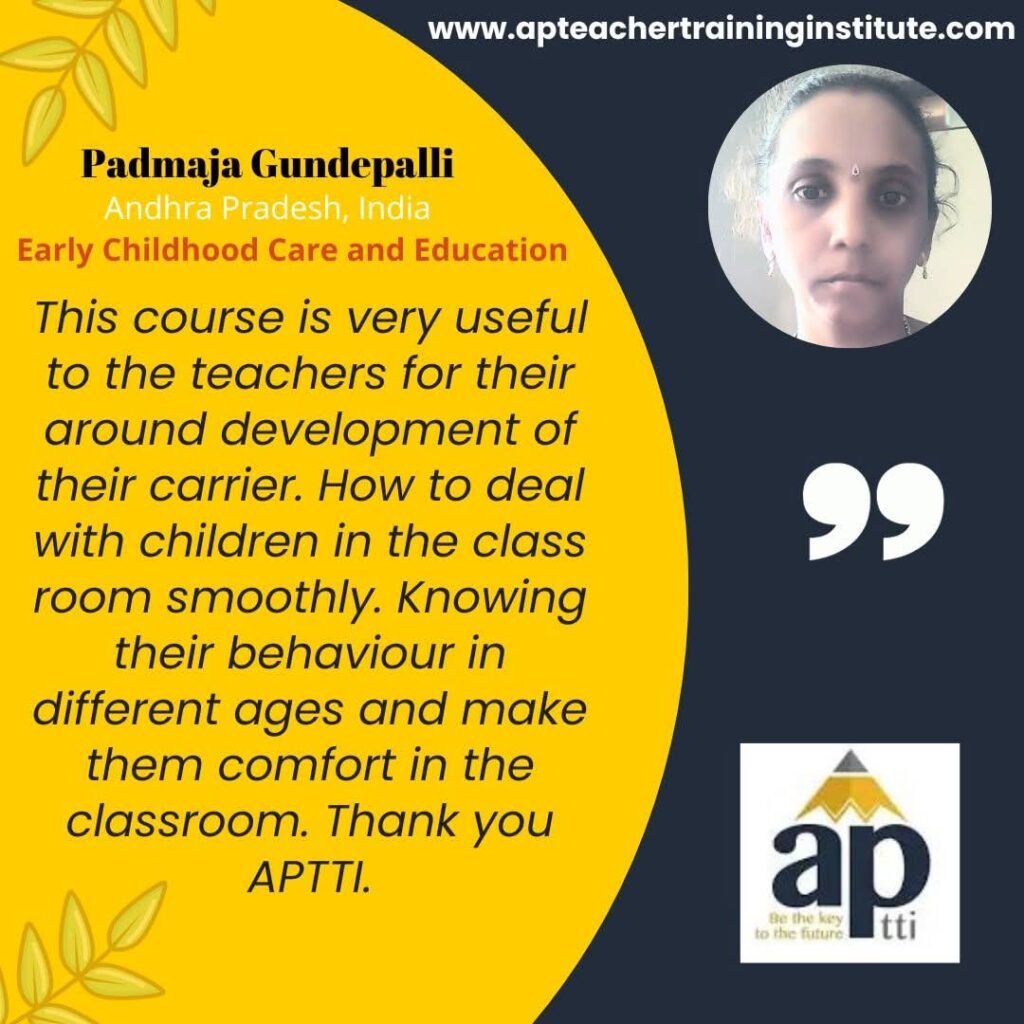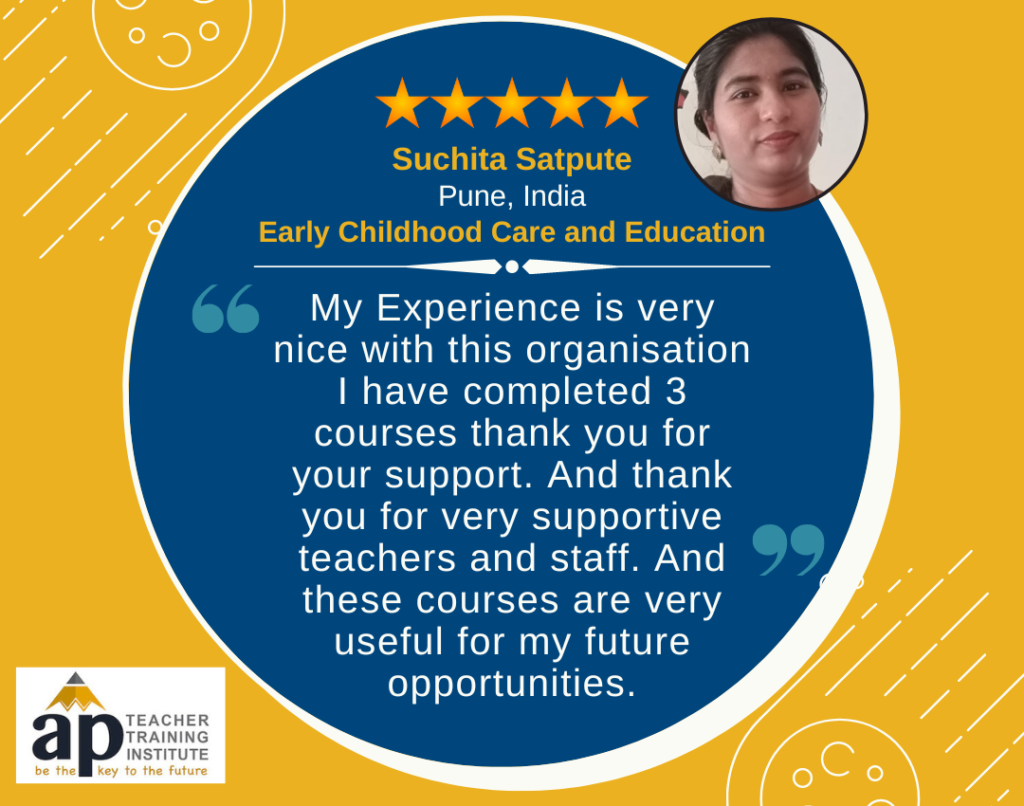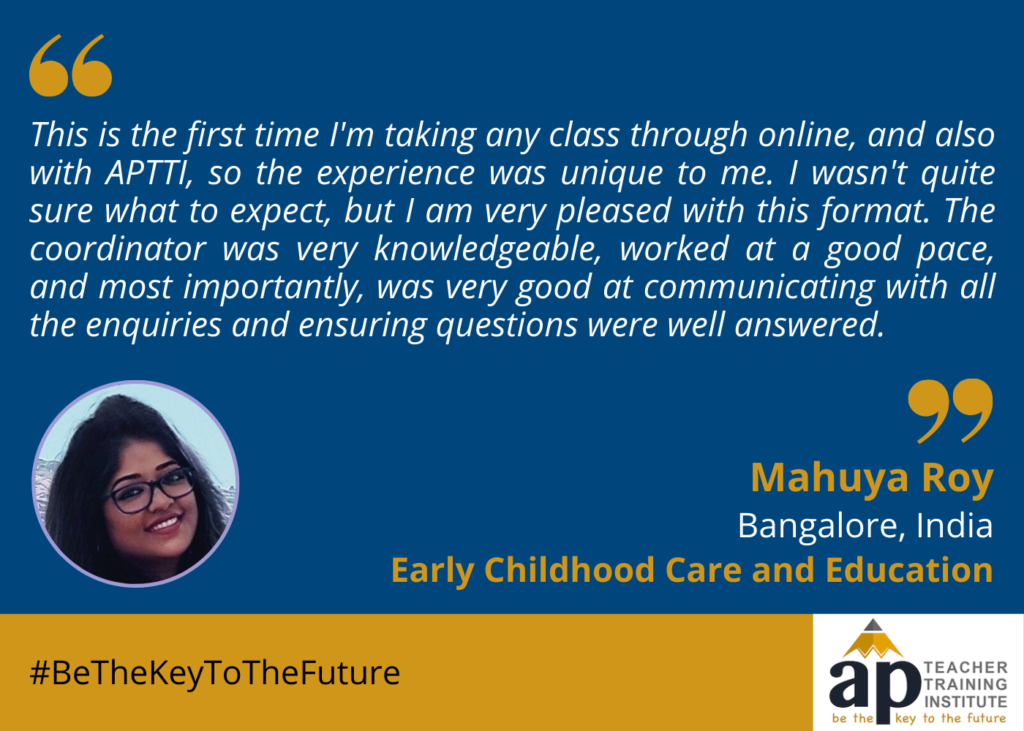How to Become an Early Childhood Teacher in India: Step by Step Guide
Are you passionate about shaping young minds and helping children grow during their most formative years? Becoming an early childhood teacher in India is one of the most rewarding career choices. With growing awareness about the importance of early childhood care and education (ECCE), there is a rising demand for qualified teachers in preschools, kindergartens, and international schools.
This step-by-step guide will walk you through everything you need to know — from eligibility, courses, and certifications to skills, salary, and career opportunities. Whether you are a fresh graduate, a homemaker looking to restart your career, or simply passionate about education, this guide is your roadmap to success.
Why Choose a Career in Early Childhood Education?
Early childhood teachers play a crucial role in building a strong foundation for children aged 0-8 years. According to UNICEF, early childhood education has a direct impact on lifelong learning and development. By choosing this career, you are not just teaching — you are shaping the future.
Some benefits of becoming an early childhood teacher:
- High Demand – With the growth of preschools and Montessori schools, there is a constant need for trained teachers.
- Flexible Career Options – Work in preschools, start your own day care, or become a curriculum developer.
- Job Satisfaction – Experience the joy of contributing to a child’s emotional, social, and cognitive development.

Step-by-Step Guide to Becoming an Early Childhood Teacher in India
Meet the Basic Eligibility Requirements
Most nursery teacher training (NTT) or ECCE diploma programs require:
- Minimum qualification: 10+2 (Higher Secondary) from a recognized board.
- Minimum marks: Usually 50% (may vary by institute).
- Age: 18 years or above.

Choose the Right Course
To start your career, you need professional training. The most common courses are:
- Diploma in Early Childhood Care and Education (ECCE)
- Nursery Teacher Training (NTT)
- Montessori Teacher Training (MTT)
- Certificate Course in Pre-Primary Teaching
These courses are offered in both online and offline modes. For flexible learning, you can explore online programs at Online Teacher Training Institute.

Learn Key Skills
An effective early childhood teacher must have:
- Patience and Empathy – To understand children’s needs.
- Creativity – To plan engaging activities.
- Classroom Management Skills – To handle a group of young learners.
- Communication Skills – To interact with children and parents effectively.

Complete Your Practicum
Most courses include a teaching practicum or internship. This hands-on experience allows you to practice lesson planning, storytelling, classroom management, and assessment techniques in real settings.
Get Certified
After completing your course, you will receive a recognized teaching diploma or certificate, which qualifies you to apply for jobs in preschools, Montessori schools, and kindergartens.

Apply for Jobs
Some popular career options include:
- Preschool Teacher
- Kindergarten Teacher
- Montessori Educator
- Day care Supervisor
- Curriculum Planner
- Early Childhood Program Coordinator
You can apply to top schools or even start your own preschool after gaining experience.

Career Scope and Salary
The salary of an early childhood teacher in India depends on your qualifications, experience, and location. On average, entry-level preschool teachers earn between ₹15,000 – ₹30,000 per month, with potential for growth as you gain experience or take up administrative roles.
International schools and IB curriculum-based schools often pay higher salaries, making this career path financially rewarding as well.

Frequently Asked Questions (FAQs)
Q1. Can I become an early childhood teacher without a degree?
Yes! You can pursue a diploma in NTT (Nursery Teacher Training) or ECCE (Early Childhood Care and Education) after completing 10+2. A bachelor’s degree is not mandatory for preschool teaching roles.
Q2. Is online nursery teacher training valid?
Absolutely! Many recognized institutes offer online teacher training programs that are widely accepted both in India and abroad.
Q3. How long does it take to become an early childhood teacher?
Diploma programs usually take 6 months to 1 year to complete. With additional experience and training, you can advance into higher teaching or administrative roles.
Q4. What is the difference between NTT and ECCE?
NTT primarily focuses on nursery-level teaching, while ECCE covers early childhood care and education from 0–8 years, making it a more comprehensive program.
Q5. Can I work abroad after completing NTT or ECCE?
Yes! Many international schools accept NTT/ECCE certifications, especially if you combine them with strong English communication skills.
Tips for Success in Early Childhood Teaching
- Stay updated with modern teaching methodologies like play-way, Montessori, and Reggio Emilia approaches.
- Take part in workshops and webinars to improve your skills.
- Build a portfolio showcasing lesson plans, activity ideas, and classroom work.
Call to Action
Becoming an early childhood teacher in India is a fulfilling and future-proof career path. By following this step-by-step guide, choosing the right course, and gaining practical experience, you can create a strong foundation for your professional growth.
Take the first step today! Explore flexible online nursery teacher training and ECCE programs at the Online Teacher Training Institute and start your journey toward a rewarding teaching career.



